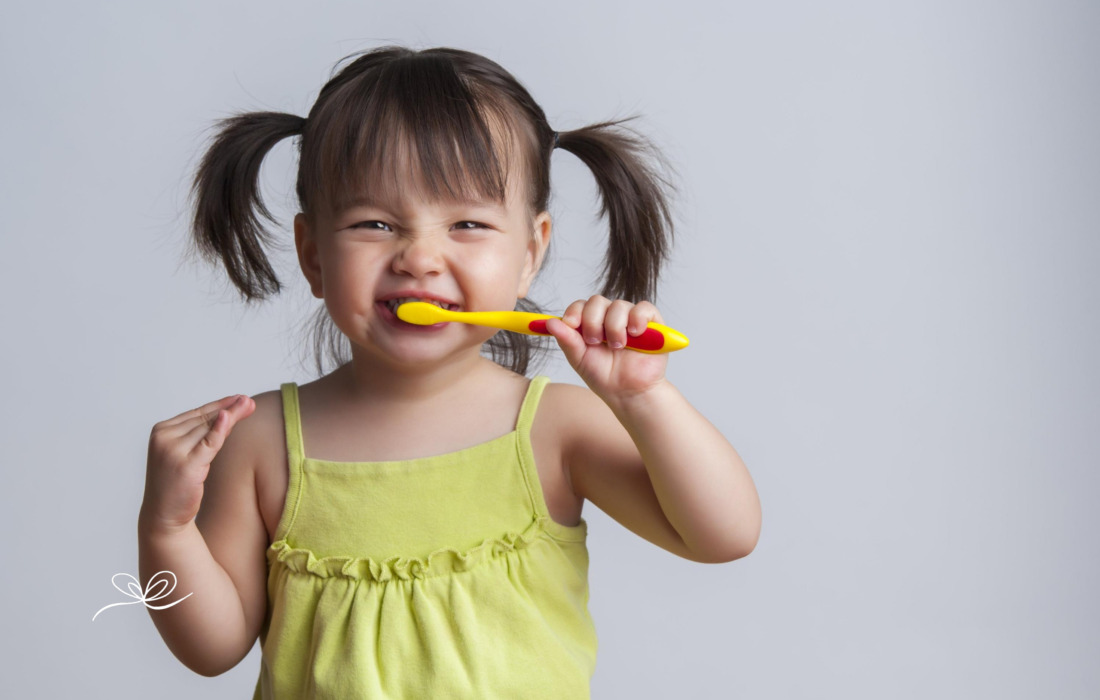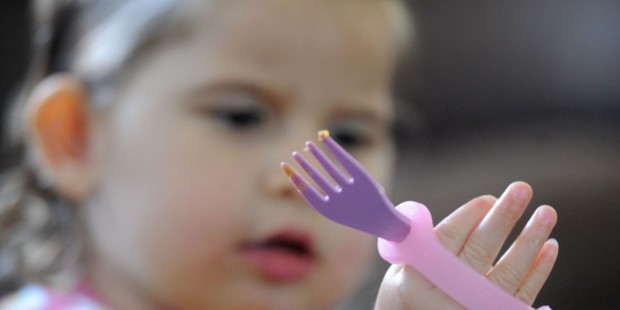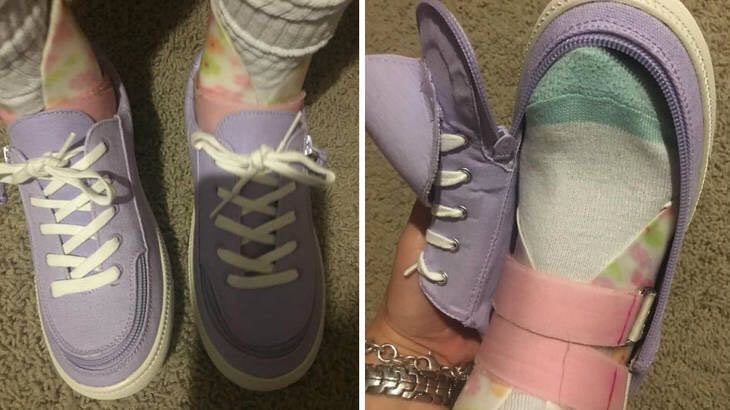
Self-Care Skills – Child Development
It’s raining cats and dogs, you’re running late and rushing out of the
house but first, you have to help button a raincoat and put shoes on
because buttons are hard and left foot and right foot have not been
mastered yet. Every parent wants their babies to stay little forever
but it sure is nice when they start becoming a little more independent with self-care skills!
Self-Care skills are everyday skills required to participate in life
activities. This can include eating, dressing, cleaning teeth, and
even showering, in the therapy world these are referred to as ADL’s
(activities of daily living) and in young children, these are taken
care of by the parents until the child is old enough and developed enough to do the task independently. Self-Care Skills in Child Development are incredibly important, read on to find out why.
Why are self-care skills important in child development?
Self-care skills are a HUGE part of independence. They are one of the
first ways a child learns to sequence events in order to perform a
task. Not only do they have to physically do the task, they have to
mentally sequence the order, and make sure they have the materials
needed before ever getting to the physical part. Self-care skills are
also the fundamentals to school related skills in older children. They
are often skills that need to be done independently if possible or with as little help as possible.
building blocks
A lot more goes into completing these tasks than you would think.
Buttoning a shirt may be the task but in order to button you need fine
motor skills, and if the child doesn’t have a “neat” pincer grasp
mastered this will be very difficult.
There are tiny pieces required to complete the self-care puzzle.
Fine motor skills: having hand/finger strength and coordination is required to complete tasks such as buttoning, zipping, and manipulating utensils when eating.
Sensory processing: interpreting and responding appropriately to the environment and one’s own body.
Planning and sequencing: involves first generating an idea of what you want to do (ideation), figuring out how you are going to do it (motor planning) and then doing or carrying out what you wanted to do (execution).
Receptive language: The ability to receive the messages of others.
does my child have difficulties?
Like every other milestone, self-care skills are mastered at different
ages as children develop. Here are a few examples.
Age | Milestone |
6-12 months | Feeding self small crackers or other small pieces of food Holding bottle or cup independently |
1-2 years | Attempting to brush teeth Removing own shoes and socks Cooperating with dressing by extending an arm or leg |
2-3 years | Unbuttons large buttons Using a napkin to wipe their face Feeding self with utensils |
3-4 years | Toileting Dressing and undressing self (only requiring assistance with laces, buttons, and other fasteners in awkward places) |
4-5 years | Opening all fasteners on all clothing |
improving self-help skills
Visual guide: pictures of the steps involved and placing them in the order they are done.
Chaining: Every task involves a series of steps that work as links in a chain. For example, you can’t brush your teeth until you put toothpaste on the brush. Some people prompt their child for each step in the chain, and then start removing links as the child learns. Finally, the child may be able to complete the task with just a simple reminder.
Routine: This is a BIGGIE as children thrive off routine! Use the same technique and strategy to complete the task each time.
Consistency: Try to use the same words, signs, or pictures every time to avoid any confusion and keep the instructions short and simple.
Give enough time: Allow more than ample time to complete the task. Your child won’t be able to do something as quick as you can and this can lead to frustration and eventually, the parent does the task to get it done quicker. Avoid unnecessary frustration and allow more than enough time for the task.
Adaptations: Like any other task or activity self-care skills sometimes need to be adapted for the child to reach their highest level of independence. Here are a couple of items that may be super helpful!
Billy Shoes– If your child wears AFO’s putting shoes on can be more difficult. These shoes are specially designed to fit around the AFO and slide on easier than regular shoes without looking like your typical bulky adaptive shoe.
EaZy Hold Bands– I bought these for myself to keep in my therapy bag! They make holding onto items easier for those with decreased hand control. Hairbrushes, toothbrushes, eating utensils, even makeup brushes will fit into these bands and increase the use of the upper extremities when a functional grasp isn’t developed.
(I use these a lot with handwriting and coloring as well.)
Kids watch everything we do, sometimes without us even knowing. Letting your child watch you do some self-care tasks yourself is one of the best ways for them to observe how it’s done, you can also talk them through the steps as you complete the task with them. Having them complete games and activities that build fine motor strength is also a great way to make sure their hands and fingers are ready to manipulate small objects like buttons, snaps, and zippers. Some toys and games can help simulate these skills for example Tag Bags are a great item to work on fasteners! I use them regularly with my therapy kiddos!
Let them help you as much as possible, around the house, cooking, folding clothes, any daily tasks will help them improve their understanding of self-care skills by seeing them done in a real-life setting and increase their independence while also making it fun! Improving dressing skills does not have to be a chore, play dress up! Using fun outfits or costumes is a fantastic way to make “dressing” a game. Playing kitchen, or house will also naturally bring self-care skills into a play setting and kids are more likely to participate when it’s fun!
acitivity related supplies:
Recent Posts
- Play-Doh Themed Birthday Party: A Sensory Friendly Experience April 16, 2024
- Understanding and Supporting Autism: A Guide for Autism Awareness April 15, 2024
- Spring in the Valley 2024: Peace, Love, and SGF March 12, 2024
- SGF’s Impact in 2023: Celebrating A Year of Community Support March 11, 2024
- Celebrate International Women’s Day with Kendra Scott and SGF March 6, 2024
By Ashley Elrod
Ashley Elrod is originally from Rome, Georgia, and currently works in Rome as a full-time Occupational Therapy Assistant in a local school system. She graduated with her degree in 2016 and has worked with children ever since.



